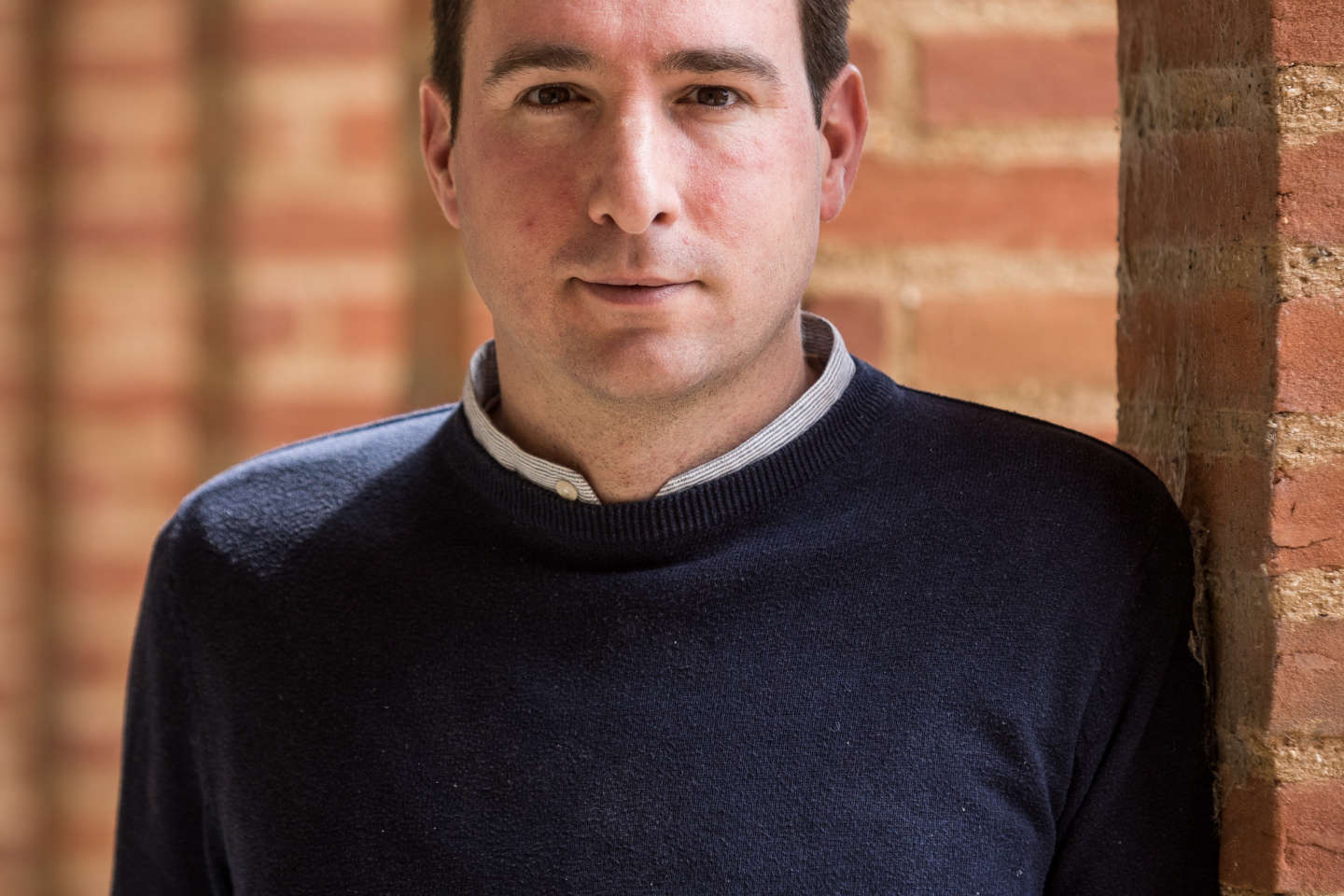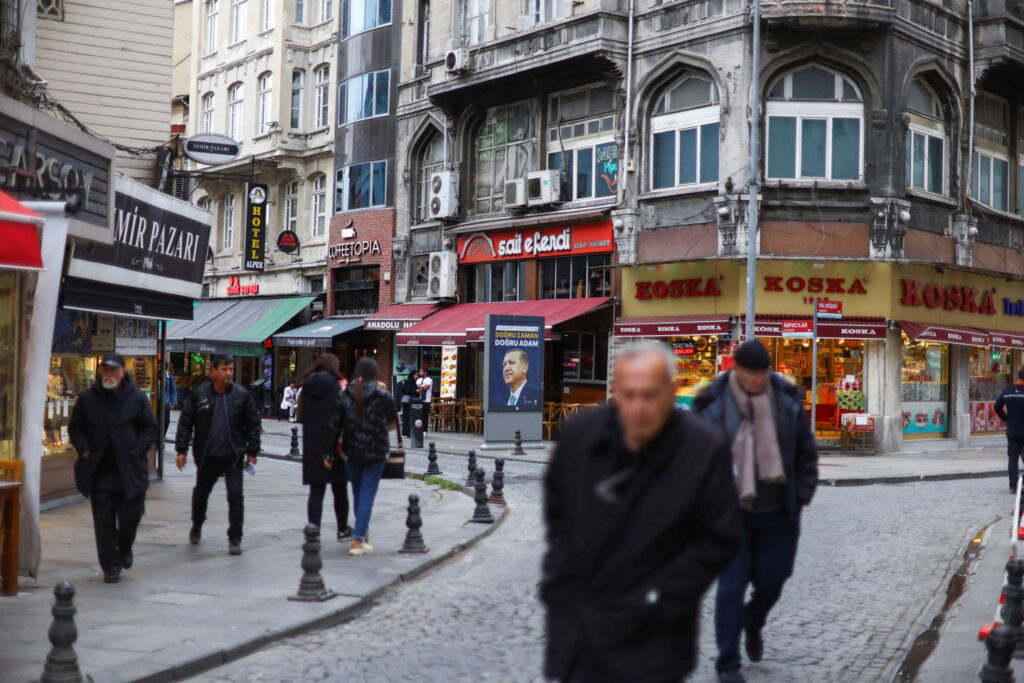Mathias Reynaert is one of three young economists, excluding the two winners, who were selected by the jury bringing together representatives of the Circle of Economists and the Worldfor their work relating to applied economics and promoting public debate.
A specialist in industrial economics and environmental economics, you have worked on “dieselgate”. How did you become interested in economics and this subject in particular?
Initially, I started studying political science at the University of Antwerp, my hometown. But, very quickly, I wanted to work on less abstract, less philosophical material, with data to verify or support hypotheses. I looked towards economics, and in particular empirical economics, which is more quantitative and where models are used to base an analysis.
It was an expert in industrial economics, Frank Verboven, who led me to take an interest in the regulation of the automobile market and to study its effectiveness. I prepared my doctorate in Antwerp and Louvain. I was also lucky enough to be able to go to the University of Chicago: the level of exchanges in the seminars made me want to pursue the adventure of research. I then joined the Toulouse School of Economics, particularly renowned in the field of empirical economics.
How do we approach the regulation of the automobile market from an economic angle?
The economists’ approach is often theoretical: to reduce the externalities caused by cars (CO2, fine particles, etc.), they believe that a tax must be introduced corresponding to the cost to society of these inconveniences. This cost must therefore be assessed. But, in reality, these taxes are not easily accepted by citizens, and not assumed by politicians. We therefore resort to other rules. It is important, for them to work, to understand how companies react to them strategically and how consumers take them into account in their choices.
We have seen in particular that three German manufacturers (Volkswagen, BMW and Daimler) had agreed on a method for filtering NO emissionsx (nitrogen oxide) by seeking to respect the rules as little as possible rather than to depollute as much as possible. I wanted to understand what they gained from it and how much their attitude cost society.
The reality is that companies seek to minimize the impact of the rules and that in Europe, to protect their industrial giants, the States do not control them with enough firmness. Hence the importance of the European Commission applying a dissuasive sanction to encourage them to properly apply the regulations. Finally, in the case I studied, BMW and Volkswagen were ordered to pay a fine of 875 million euros. Daimler (Mercedes), which had revealed the existence of their agreement, was exonerated.
You have 27.91% of this article left to read. The following is for subscribers only.



